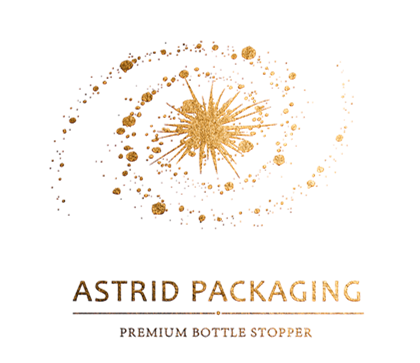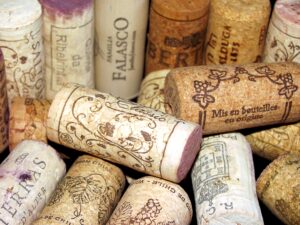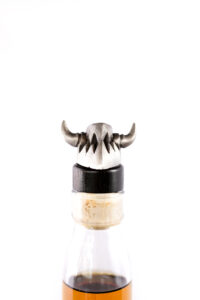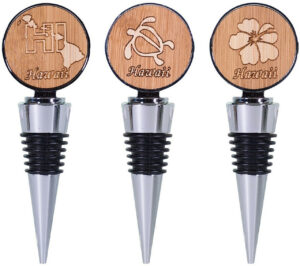Glass Bottle Stopper
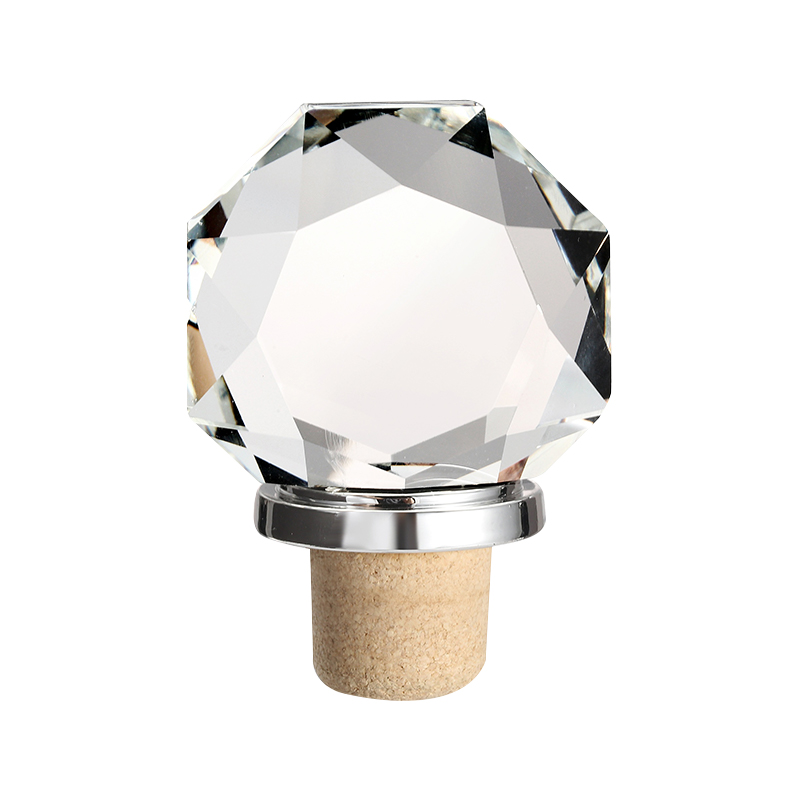
Advantages :
Airtight Seal: Provide an airtight seal that helps preserve the freshness and quality of the contents. This is particularly important for wine, as it helps to maintain the flavor and aroma of the wine over time.
Reusable:They are often reusable, which can help reduce waste and save money over time. They can be easily washed and sterilized, and can be used again and again.
Attractive: They can be very attractive, with a variety of shapes, colors, and designs available. This can add an element of beauty and sophistication to the overall bottle design.
Eco-Friendly: They are an eco-friendly option, as they can be recycled and are less harmful to the environment than plastic or other materials.
Disadvantages :
Fragile: They are more fragile than other types of stoppers, such as plastic or cork, and can break or chip easily if mishandled. This can be a disadvantage for products that are shipped long distances or require rough handling.
Cost: They can be more expensive than other types of stoppers, such as plastic or cork. This can be a disadvantage for businesses that are trying to keep costs down.
Compatibility: They may not be compatible with all bottle types and sizes. This can limit their use and make them less versatile than other types of stoppers.
Weight: They can be heavier than other types of stoppers, which can add to shipping and handling costs. This can be a disadvantage for businesses that are trying to keep costs down.
Overall, glass bottle stoppers offer several advantages, including an airtight seal, reusability, attractiveness, and eco-friendliness. However, they also have some disadvantages, including fragility, cost, compatibility, and weight. When deciding on the type of stopper to use, it is important to consider the specific needs and requirements of the product, as well as the budget and other factors.
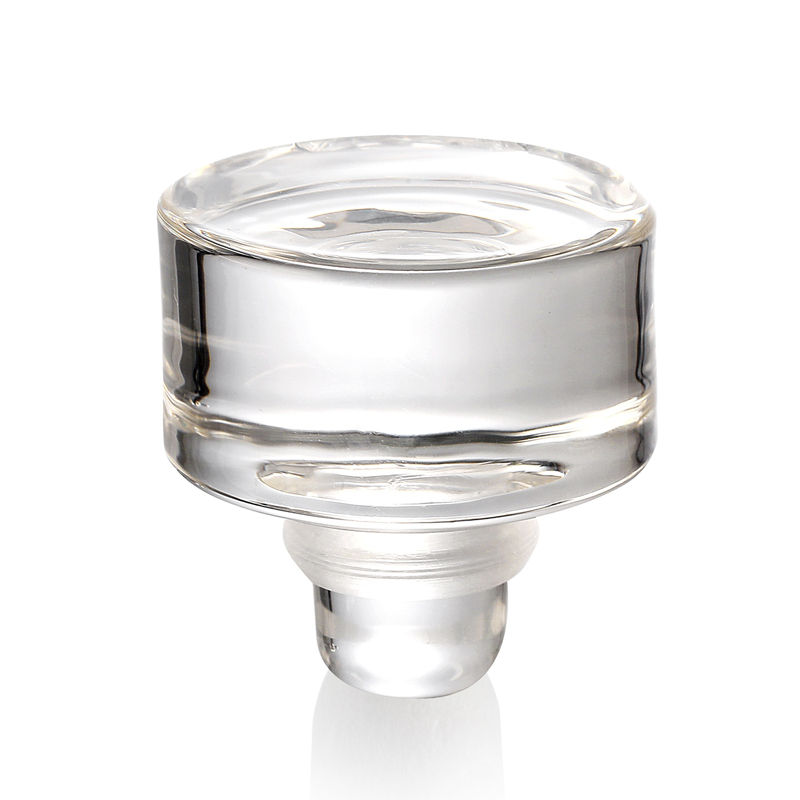
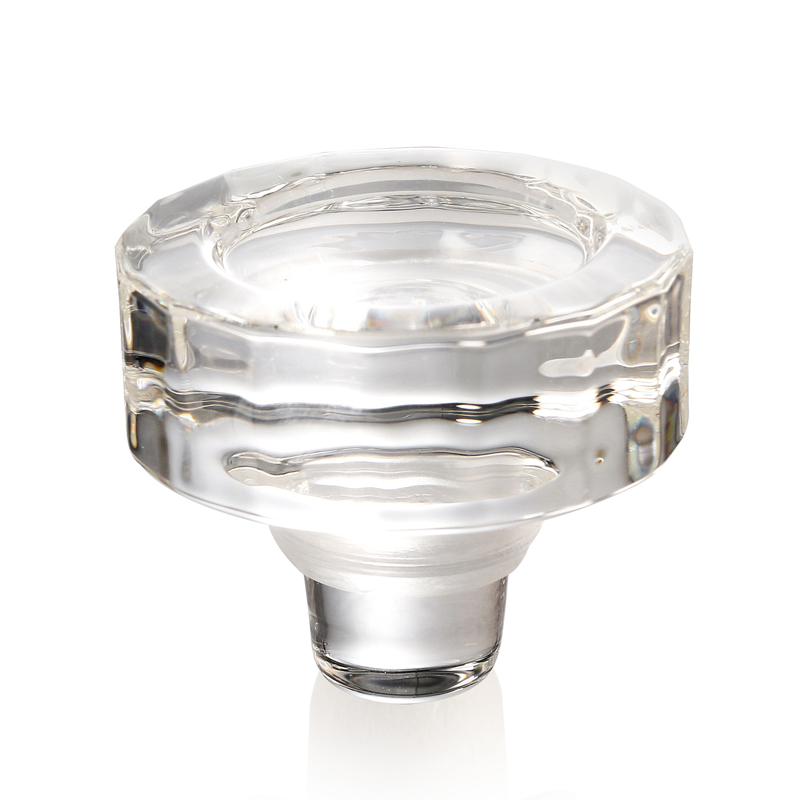
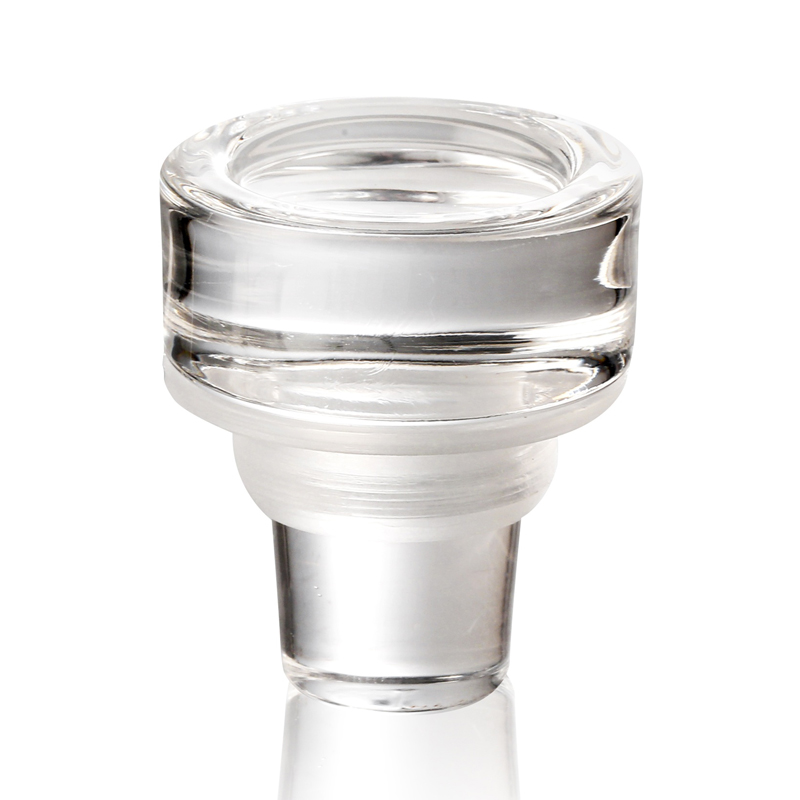
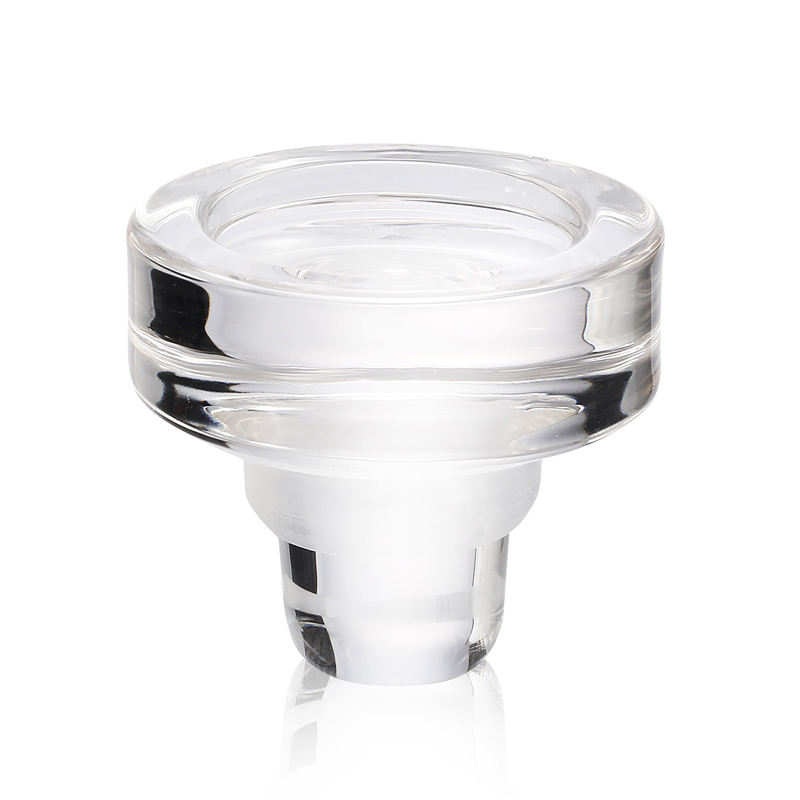
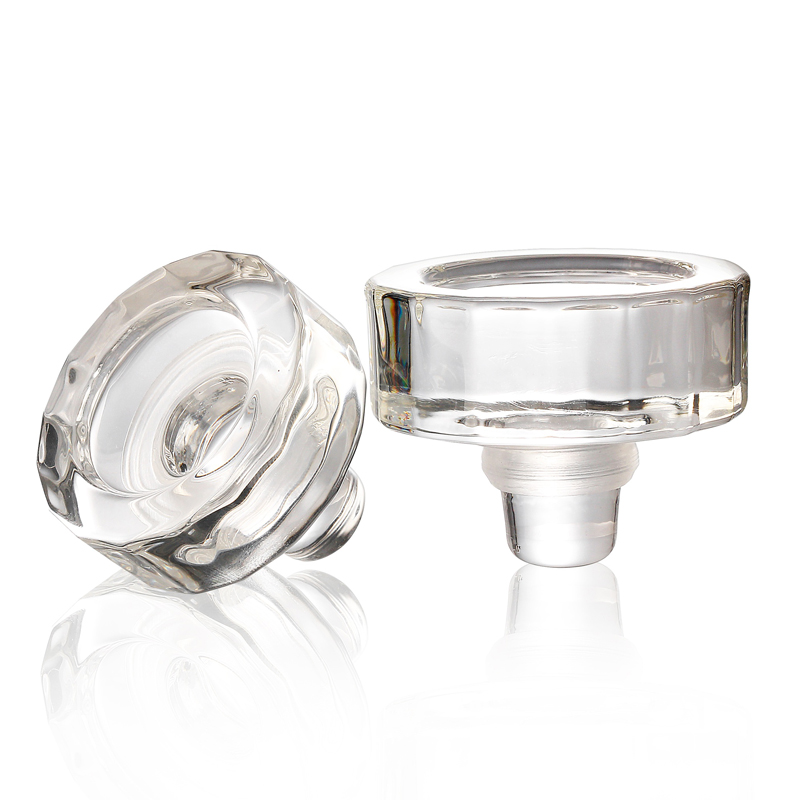

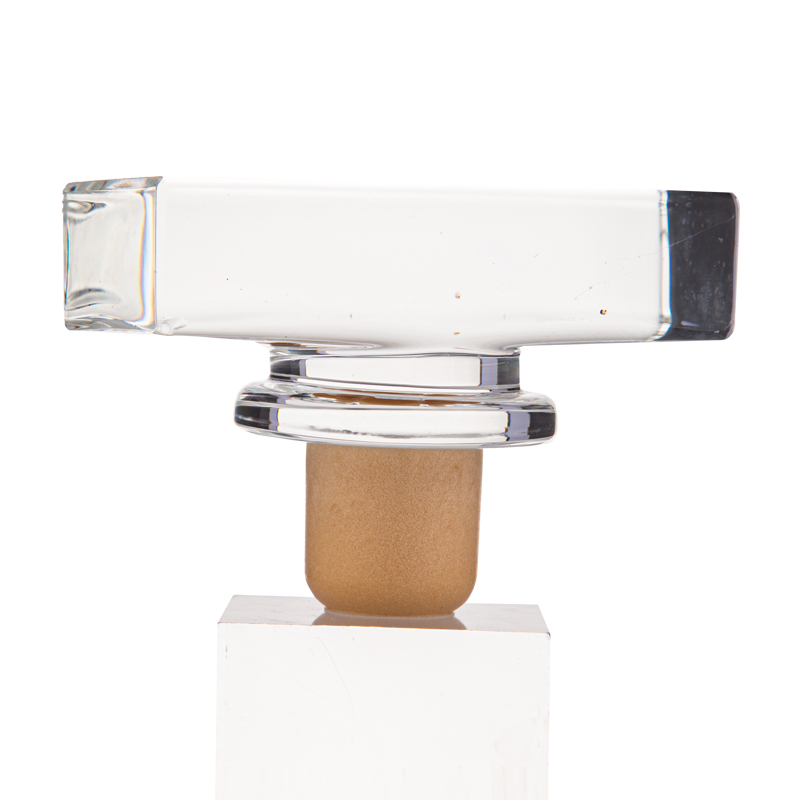

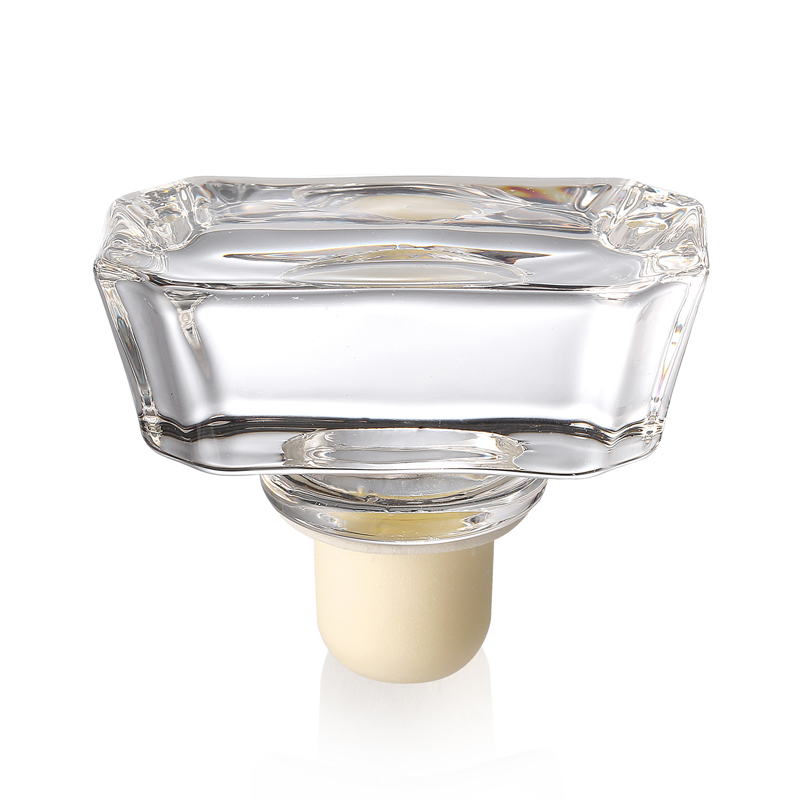
Wood Cap Bottle Stopper
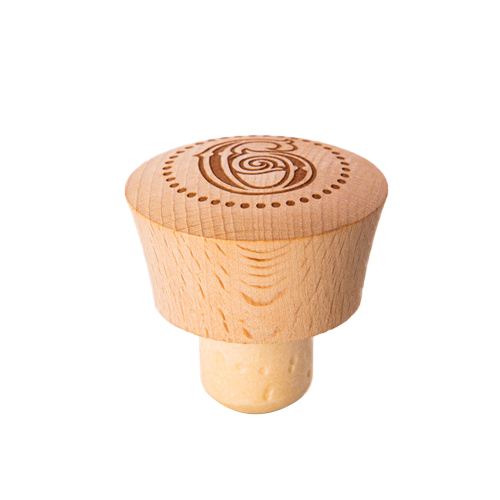
Advantages:
Eco-Friendly: They are a more sustainable and environmentally friendly alternative to plastic or metal stoppers, as they are made from a renewable resource.
Unique Appearance: They have a unique and natural appearance, which can add a rustic or elegant touch to the overall bottle design.
Customizable: They can be customized with a variety of designs, stains, or finishes, allowing for a personalized touch that can align with the branding of the product.
Biodegradable: They are biodegradable, meaning they will break down over time and not contribute to waste.
Disadvantages:
Porous: They are porous, which can allow air to pass through and affect the quality and taste of the contents of the bottle.
Limited Applications: They are not suitable for all types of beverages, as they may not provide an airtight seal for wines with high acidity.
Durability: They are not as durable as metal or plastic stoppers, and may not last as long.
Overall, wood cap bottle stoppers can be a unique and eco-friendly option for sealing bottles, but may not be suitable for all applications. It’s important to weigh the advantages and disadvantages to determine whether they are the right choice for your specific product.
Zamak Bottle Stopper
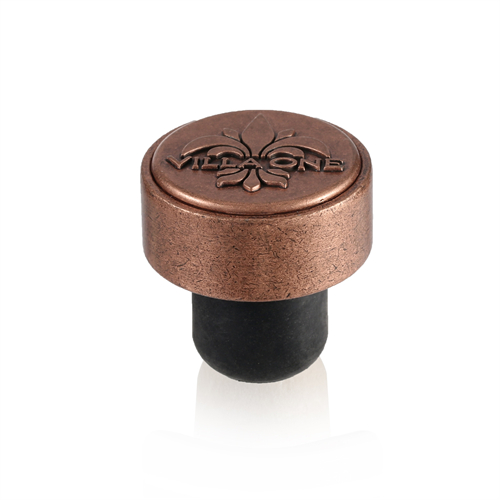
Zamak bottle stoppers are a type of bottle stopper made from Zamak, a zinc alloy that is known for its strength and durability. Like any material, there are advantages and disadvantages to using them. Here are some key points to consider:
Advantages :
Durability: Zamak is a strong and durable material that can withstand regular use and handling without breaking or wearing down easily. This makes it a great choice for bottle stoppers that are expected to last a long time.
Design Flexibility: Zamak is a versatile material that can be molded into a variety of shapes and designs, making it a good option for bottle stoppers that require a unique or custom design.
Aesthetic Appeal: They have a metallic appearance that can add an elegant and sophisticated touch to the bottle. The material is also easy to plate or coat, allowing for a range of color and finish options.
Disadvantages :
Corrosion: While Zamak is a strong material, it can be prone to corrosion over time. This can lead to discoloration or damage to the bottle stopper if it is exposed to certain environmental conditions or chemicals.
Weight: Zamak is a relatively heavy material, which can make it less desirable for bottle stoppers that need to be lightweight or easy to handle.
Cost: Zamak can be more expensive than other materials commonly used for bottle stoppers, which can impact the overall cost of the product.
Overall, Zamak bottle stoppers can offer several advantages, including durability, design flexibility, and aesthetic appeal. However, they also have some disadvantages, including potential corrosion, weight, and cost considerations.
Plastic Bottle Stopper
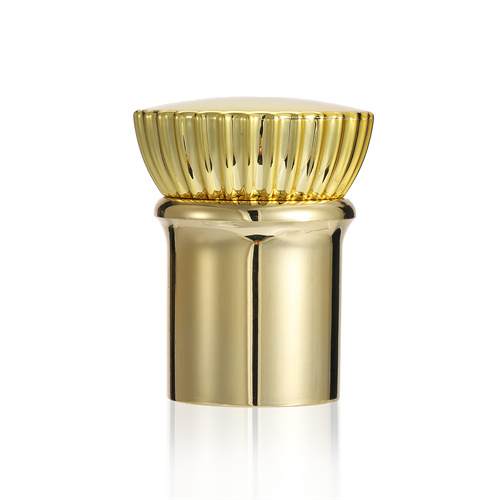
Click to view more plastic bottle stopper designs
Advantages :
Cost-effective: They are relatively inexpensive compared to other types of bottle stoppers made from materials like cork, glass or metal.
Durability: They are durable and can withstand wear and tear, which makes them ideal for use in industries where there is high demand.
Lightweight: They are lightweight, making them easy to transport, store, and handle.
Disadvantages :
Environmental impact: Plastic bottle stoppers are not biodegradable and can take hundreds of years to break down, leading to environmental pollution.
Limited temperature resistance: Plastic bottle stoppers may not be suitable for use in high-temperature environments, as they may melt or deform.
Appearance: Some people may not find plastic bottle stoppers as aesthetically pleasing as other types of stoppers, such as those made from cork or glass.
Overall, plastic stoppers are a lower cost and easier to produce option, but they are less sealed, unsightly and environmentally friendly, so they may not be suitable for long-term storage of high-quality wine. If you only need to preserve wine for a short time, plastic corks may be a convenient and economical option.
What kind of material should be used to make wine bottle stoppers?
Overall, the choice of material for a wine bottle stopper will depend on personal preference, budget, and the type of wine being stored. Glass bottle stoppers are a good choice for those who want a reusable and aesthetically pleasing option, while wooden bottle stoppers may be ideal for those who prioritize a natural and customizable option. Zamak bottle stoppers are durable and long-lasting, while plastic bottle stoppers are an affordable and widely available option.
No matter what kind of material you choose to make wine bottle stopper, you need to contact the manufacturer for customization. You can learn about the production process of wine bottle stopper and the different prices and processes of various materials customization through the official website, and finally make a decision.

